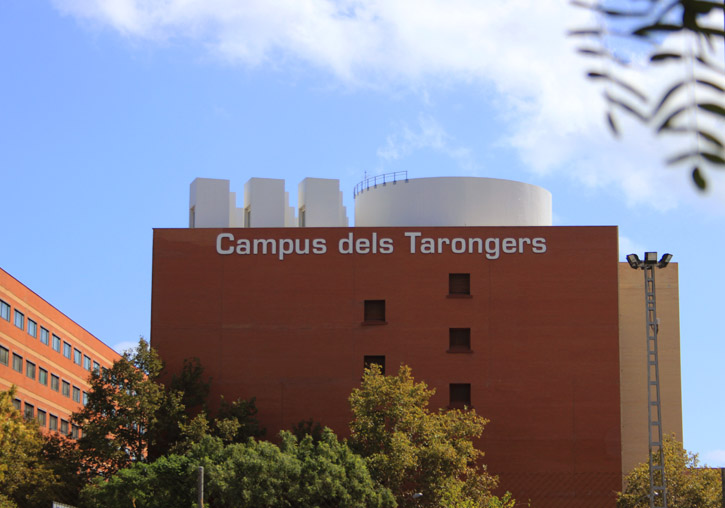The number of articles written by University female researchers increases in one year by 13.66%, according to the CWTS Leiden Ranking
- Scientific Culture and Innovation Unit
- June 25th, 2021

The CWTS Leiden Ranking measures scientific impact and collaboration, open access publishing, and gender diversity based on a ranking of universities selected by the number of publications indexed in the Web of Science over four years. According to the June update, on a Spanish scale, the University of Valencia (UV) is the fourth best in the complete and fractional count, and in gender indicators 11,342 articles written by women have been measured, 13.66% more than in 2020. In addition, by fields of knowledge, it is first in Social Sciences and Humanities (fractional count) and third in two areas: Physical Sciences and Engineering and also Social and Humanities (full count).
Indicators of scientific impact in Leiden can be calculated using a full or fractional count method. The first gives a complete weight of one to each publication of a university and the fractional weights the weight of the publications according to the number of collaborators of the institution. This year, the number of institutions has increased to 1,225, up from 1,176 in 2020.
In the full count, the University of Valencia remains the first higher education centre in the Valencian Community, a position it has held for the last eight years. Regarding indicators of scientific impact, the UV has increased the number of articles and has reached 11,827, for 10,958 in 2020. Of these, 259 are in the top 1% of the most cited (45 more than in the previous edition) and 1,473 (116 more than in 2020) are among the 10% most cited. In gender indicators, in 2021 11,342 articles produced by women were measured, 13.66% more than in 2020 (with 9,793), while those signed by men have increased in the same period by 9.75%, up to reach 20,649. In articles signed by women and men, they have increased by 27.68% compared to 2020: 39,312.
In the fractional count of the CWTS Leiden Ranking, the University of Valencia has 44 articles (3 more than the previous year) among the 1% of the most cited in the world; and goes from 408 to 530 in those that are among the top 10% most cited.
As for the CWTS Leiden Ranking by fields and in the full count, in measuring the number of publications, the University of Valencia is third in Spain in Physical Sciences and Engineering, as well as in Social Sciences and Humanities; fourth in Life and Earth Sciences; and fifth in Biomedical and Health Sciences. In the fractional count of this indicator, the results are, at the state level, in addition to first in Social Sciences and Humanities, fourth in Physical Sciences and Engineering, and fifth in Biomedical and Health Sciences, and also in Life and Earth Sciences.
This ranking is led globally by Harvard University, the Chinese Academy of Sciences and the University of Toronto. In Europe, the top three are Oxford, the College of London and Cambridge, while in Spain the CWTS Leiden Ranking is led by the universities of Barcelona, the Autonomous University of Barcelona, the Complutense University of Madrid and the University of Valencia.
More information:
CWTS Leiden Ranking: https://www.leidenranking.com/
Ranking in the UV Analysis and Planning Service: https://ir.uv.es/P2HDF04
















